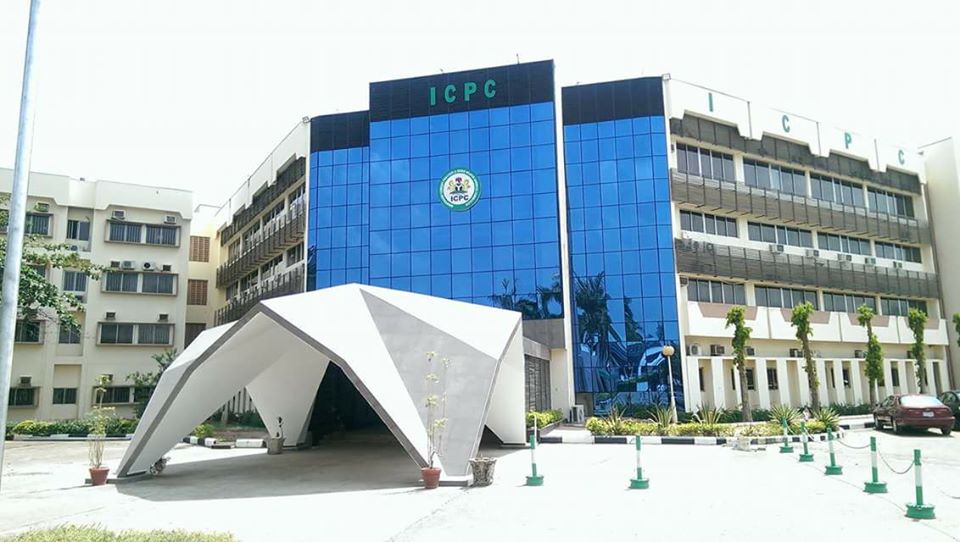The Director General, National Information Technology Development Agency (NITDA), Mr. Peter Jack, has expressed optimism that the deployment of e-governance framework, using Information and Communication Technology (ICT) tools, is the best solution to the challenge of corruption in both the public and private sectors.
Jack made the disclosure at an interactive workshop organised by the Independent Corrupt Practices and other Related Offences Commission (ICPC), for members of staff of NITDA, in Abuja recently, with the theme: ‘Ethics, Accountability and Transparency in Public Service’.
The Director General, who was represented by a Director at the agency, Dr. Vincent Olatunji, said: “Deploying e-governance solution alone to a large extent will assist the government in curbing corruption. Look at how the Treasury Single Account (TSA) that was recently introduced by the federal government has become the main drive of curbing corruption in the country.”
According to him, “What ICT will do is to reduce physical interaction between people. When you don’t see people, it will be very difficult for people to collect gratification for the job they are supposed to do.”
ICT, Jack added, will allow structures and systems to flow without hindrance and will eliminate the practice, where contractors will complete their work and still have to see the accountant to pull their files, before payments are made.
According to him, “NITDA in conjunction with KOICA of South Korea, has developed a national framework on e-government solution that is only waiting for implementation.
“We were at the point of taking the solution to the Federal Executive Council (FEC) before the twilight of the last dispensation. However, it is being re-packaged to be presented to the new administration for approval. As we speak people are already undergoing training in government public institutes on how to make it work. We have started training people from all the ministries, departments and agencies (MDAs) of government, so that by the time we deploy the solution, the government officials will easily key in and we are looking at deploying the solution before the end of the first quarter of 2016.”
Speaking on public service ethics, Jack said the principles of accountability and transparency are enshrined in its rules and regulations to ensure that both senior and junior officers conduct themselves according to laid down rules for proper conduct so as to facilitate efficient public service delivery, which will translate to societal development.
“Ethics, accountability and transparency principles therefore place obligation on the public service to serve in a manner that will ensure the well-being of the citizen as well as societal development. Globally there is a consensus on the need for reforming public service sector institution to strengthen ethics, integrity, transparency, accountability and professionalism.”
People are debating and complaining about outright corruption, lack of ethics, transparency, integrity and unprofessional behaviour in government, but things have to change so that the citizens will regain confidence in the public service institution, and it is also important that the war against corruption and other things that weaken public service integrity, must be addressed, Jack said.
The Chairman, ICPC, Mr. Ekpo Nta, who was also represented by the commission’s Head of Anti-Corruption and Monitoring Unit (ACTU), Mr. Akeem Lawal Nta, said the use of ICT in fighting corruption cannot be relegated to the background.
According to him, “Information is power and social media abounds everywhere now and that gives people the space to communicate effectively. The anti-‘corruption agencies have also embraced ICT as we have our various sites and platforms for people to access government services and today Nigerians can walk into government offices with the position of knowledge and not ignorance.”
Culled from Thisday Live


